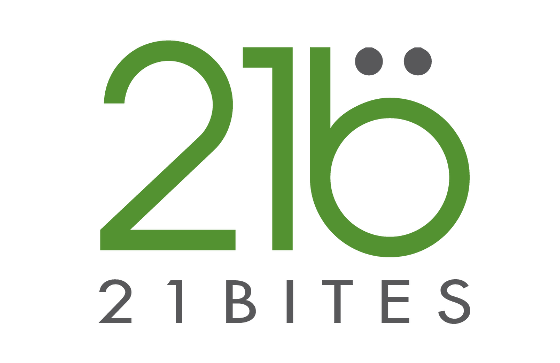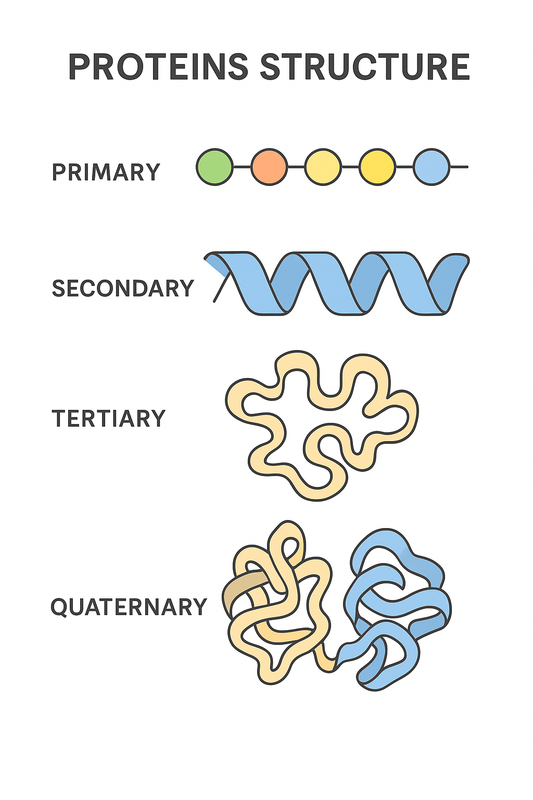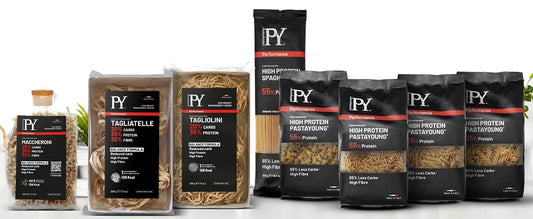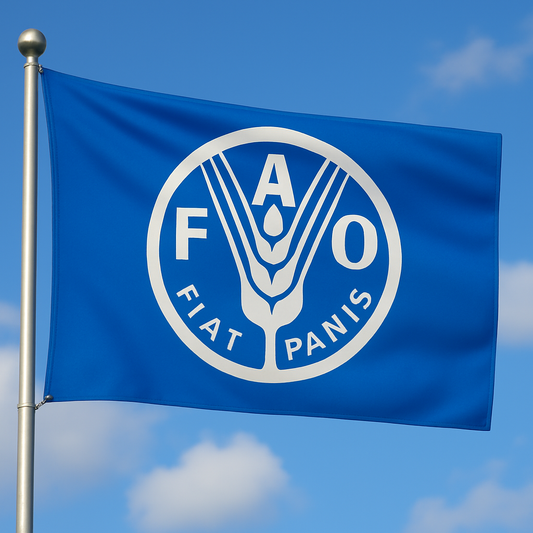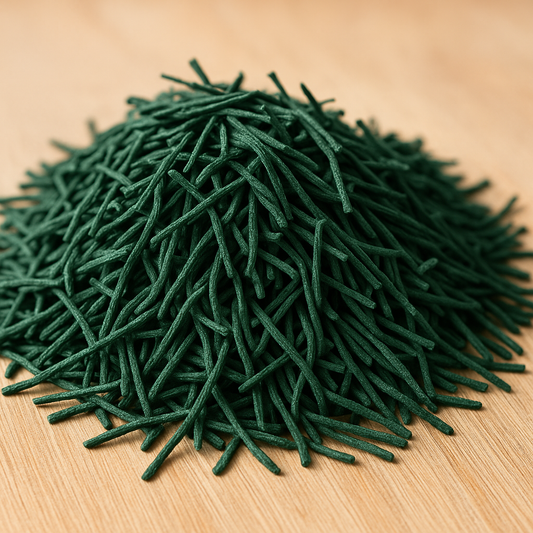
Ketogenic diet and edible insects
Share
The ketogenic diet is a weight-loss program that is proposed for short periods or cycles, based on the principle that in the absence of carbohydrates, and therefore sugars, our body is able to use the lipidic reserves protecting the lean mass and greatly reducing the sense of hunger.
In this circumstance, in fact, what happens is the use of ketones (that derive from lipid but have similar characteristics to sugars), as the main energy substrate, instead of glucose. Unused ketones are eliminated by respiration in the form of acetone and throught the urine.
This is nothing but a physiological mechanism called ketosis, which supports humans from the beginning of times: even in situations of longlasting starvation, in fact, our ancestors were able to survive precisely by inducing this process in a physiological way.
Since the '20s we heard about “ketogenic diet”, thanks to Conklin, who began to use it for the treatment of epilepsy (now a gold-standard in the case of drug-resistence), then has aroused the attention of the world of body building and fitness because it allows protein saving in energy restriction. Today there are real protocols of Mediterranean ketogenic diet and it is possible to structure vegetarian or vegan programs that respect this condition.

Not everyone can follow this kind of diet, which has rules to respect and precise assumptions of nutrients to follow: essential for the process of ketosis is the intake of up to 50g of carbohydrates, a protein contribution of 1 5g per kg of body weight and an intake of between 20 and 60g of fat per day.
However, it can not be followed by diabetics, those suffering from liver or nephrological disorders, pregnant or lactating women, or in the presence of conditions such as alcoholism, mental disorders or cardiovascular problems.
One of the critic moved against this weight-loss system regards the excess of animal proteins consumption on a daily basis (in particular from meat and fish).
An innovative and experimental alternative could be to achieve the same recommended daily levels of protein by consuming products based on edible insects (famous for being very rich in this macronutrient).
